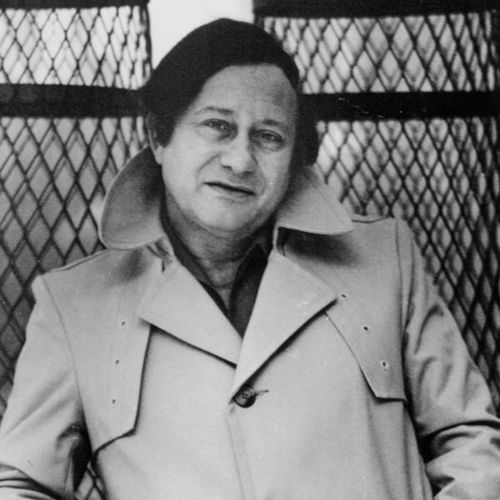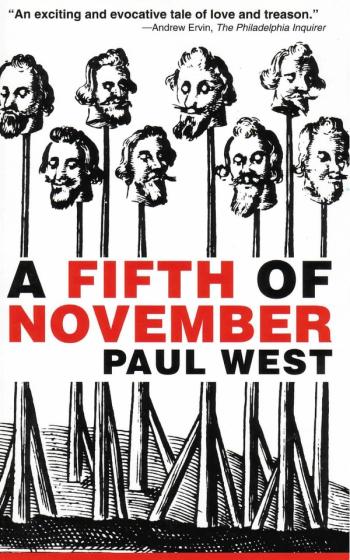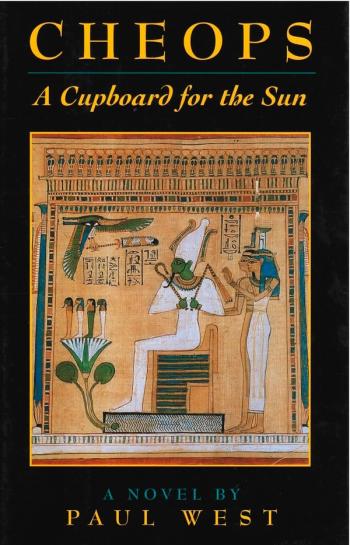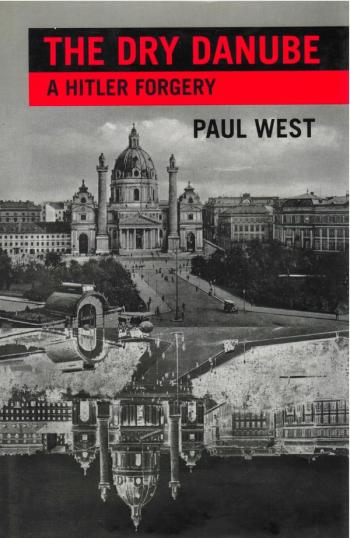Paul West
Paul West was born in 1930 in England, and educated at Oxford and Columbia Universities. He has written poetry, essays, literary criticism, and memoirs and has published fifty books in all—twenty-four of which are novels. West’s writing can be found in AGNI, The Yale Review, Harper’s, and Conjunctions. He once said, “Literature is here to disturb us and make us more aware,” and his writing often seems to focus on a character’s inadequacies. Whether it’s a failed relationship, abuse, or societal inadequacy. West has taught at Brown, Cornell, and Arizona and his honors include a 1993 Lannan Prize for Fiction, an Award in Literature from the American Academy and Institute of Arts and Letters, three Pushcart Prizes, and a Guggenheim Fellowship. In 1996 the French government made him a Chevalier of the Order of Arts and Letters. He has lived in the U.S. since 1957, and is married to Diane Ackerman, a writer, poet, and naturalist. In 2003 he had a massive stroke that left him with aphasia, and despite this he has since published three books. He presently resides in Ithaca, NY.



